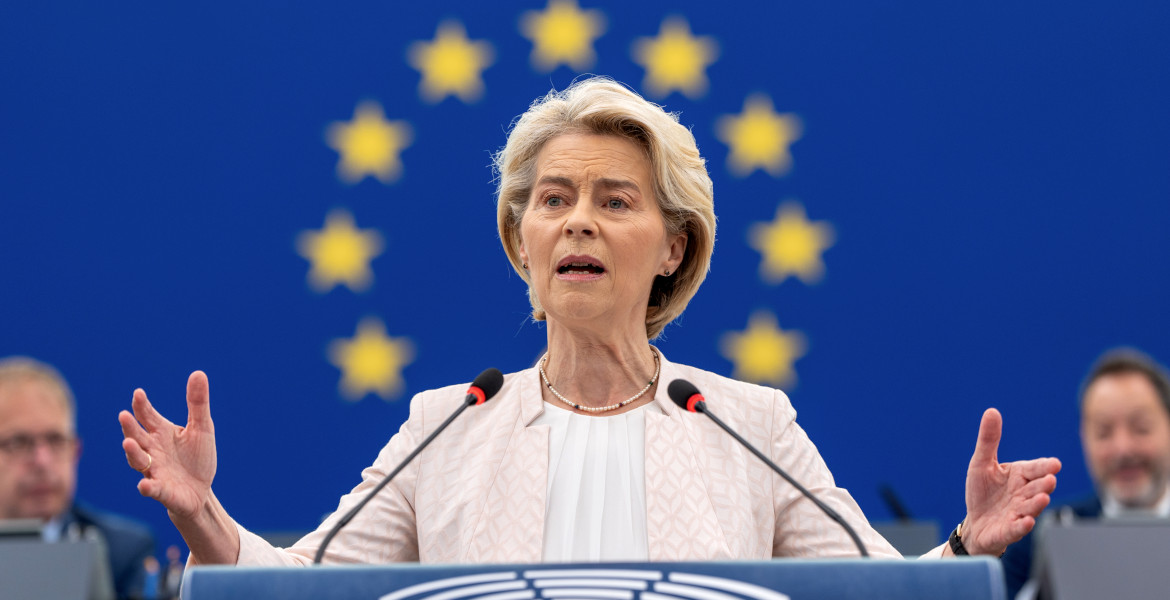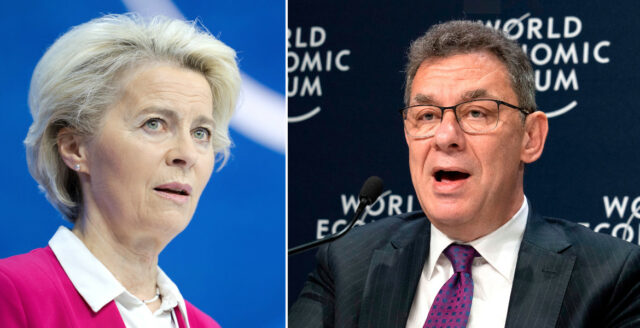The Dutch government has formally requested an opt-out from the EU’s common migration and asylum policy. However, the initiative, which is an attempt to strengthen the country’s control over asylum issues, is facing opposition within the EU and is considered unlikely to succeed.
Led by Socialist Prime Minister Dick Schoof, the Dutch government has recently submitted a request to the European Commission to introduce an opt-out clause from the EU’s common migration and asylum system.
The request aims to implement a much stricter asylum policy in the country than the common EU rules allow Marjolein Faber, Minister for Asylum and Migration, writes in a letter to Swedish EU Commissioner Ylva Johansson that the country needs to take control of its asylum policy
– This government aims to drastically reduce the volume of migration to the Netherlands, in order to continue to fulfil our constitutional duties – providing for public housing, healthcare and education.
Faber is a member of Geert Wilders’ Party for Freedom (PVV), which has been the driving force behind the coalition’s asylum policy. Wilders is highlighting Faber’s initiative on social media, calling it a “historic step”.
“Faber is making history and informing the European Commission of the Netherlands’ desire to opt out of migration!”
Faber schrijft geschiedenis en informeert de Europese Commissie over de Nederlandse wens om te komen tot een opt-out voor migratie! https://t.co/aOVTrJJq1I
— Geert Wilders (@geertwilderspvv) September 18, 2024
EU Commission gives thumbs down
Despite the government’s attempts, the European Commission quickly rejected the request. A Commission spokesperson clarified that there are no treaty changes in the pipeline, which would be required to allow an opt-out.
– There’s no Treaty change upcoming. We do not expect any immediate changes on the EU rules on asylum and migration, which continue to be binding in the Netherlands.
The Dutch government’s initiative comes as several EU countries, including Germany, have reintroduced border controls. At the same time, the Netherlands has also recently voted in favor of the EU’s new migration and asylum pact, which includes so-called mandatory “solidarity between member states”.
The new asylum pact, which will come into force in two years, offers member states three options for dealing with asylum seekers: relocation, payment of 20,000 euros per rejected asylum seeker, or financial support. The Netherlands has already announced that it prefers financial support to reception.
– As long as this opt-out is not granted, will focus on implementing the New Pact on Migration and Asylum, says Marjolein Faber in her letter to the European Commission.









